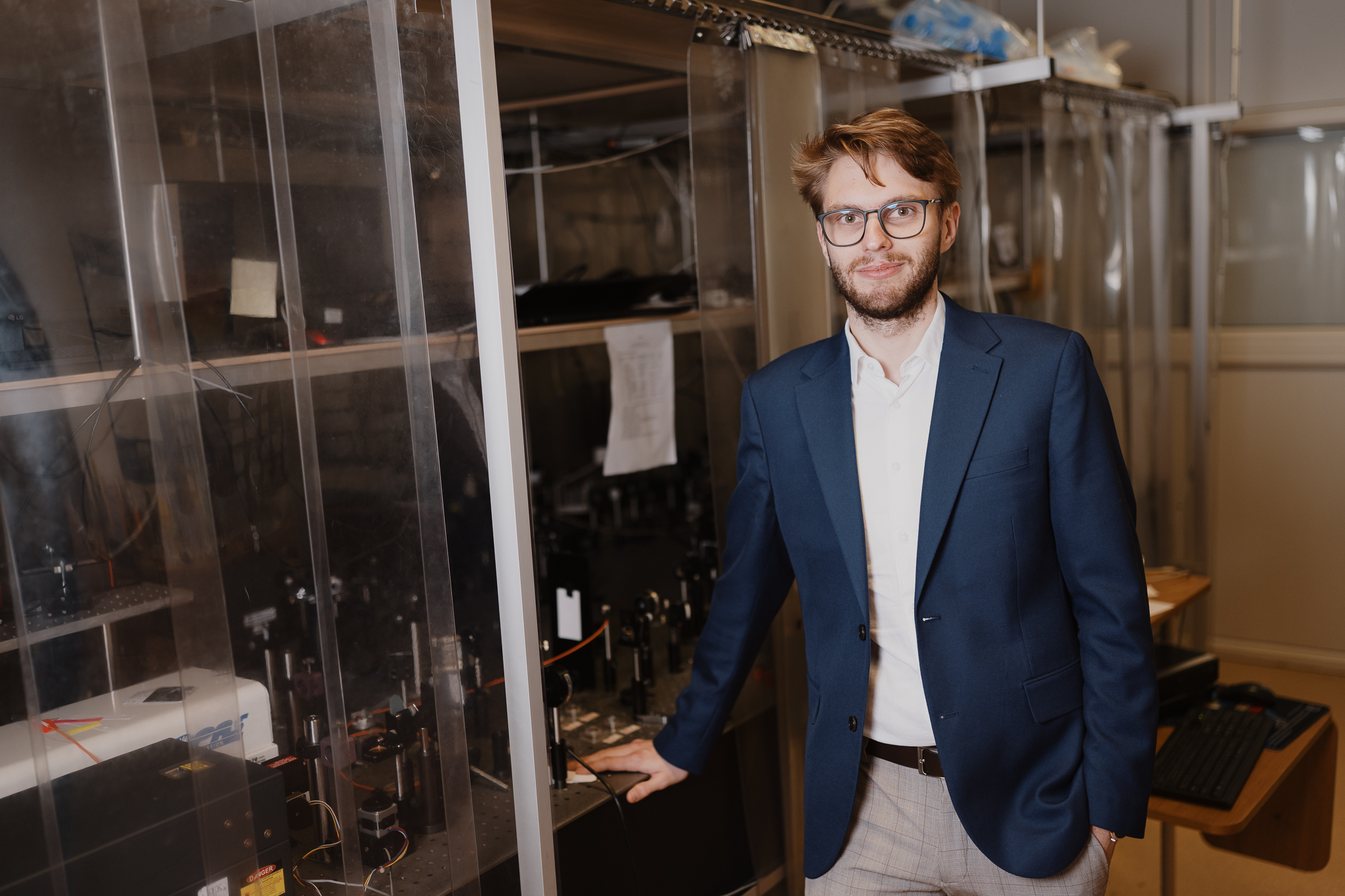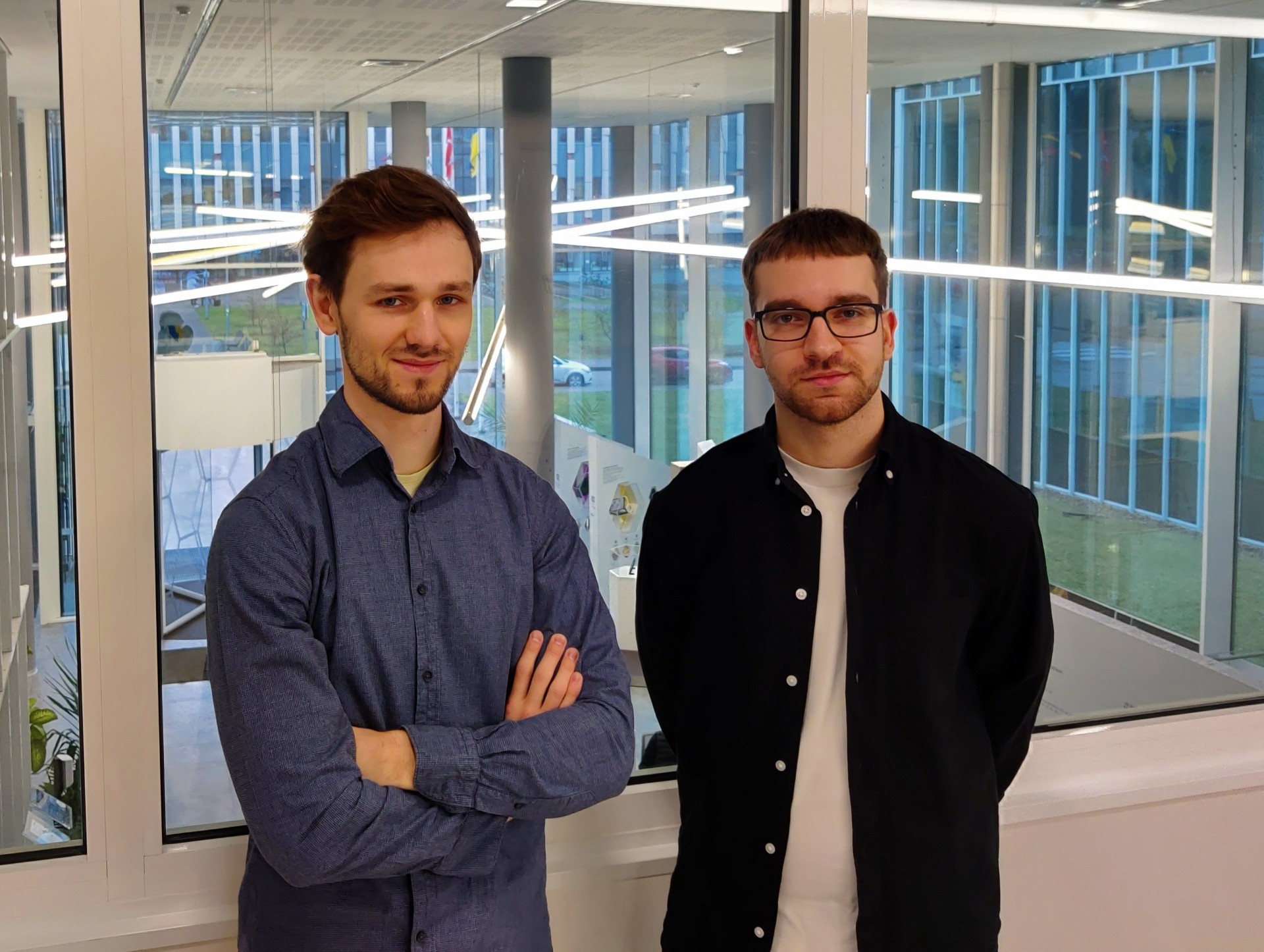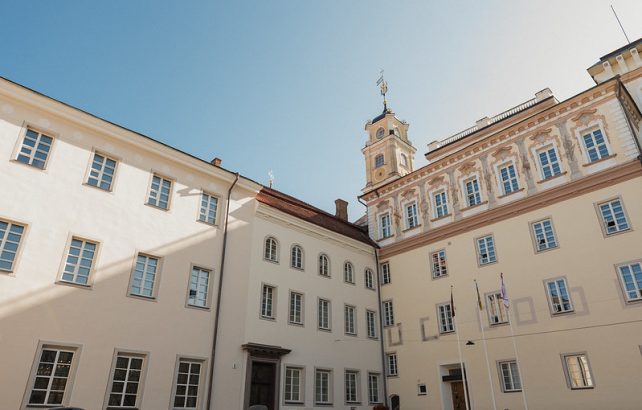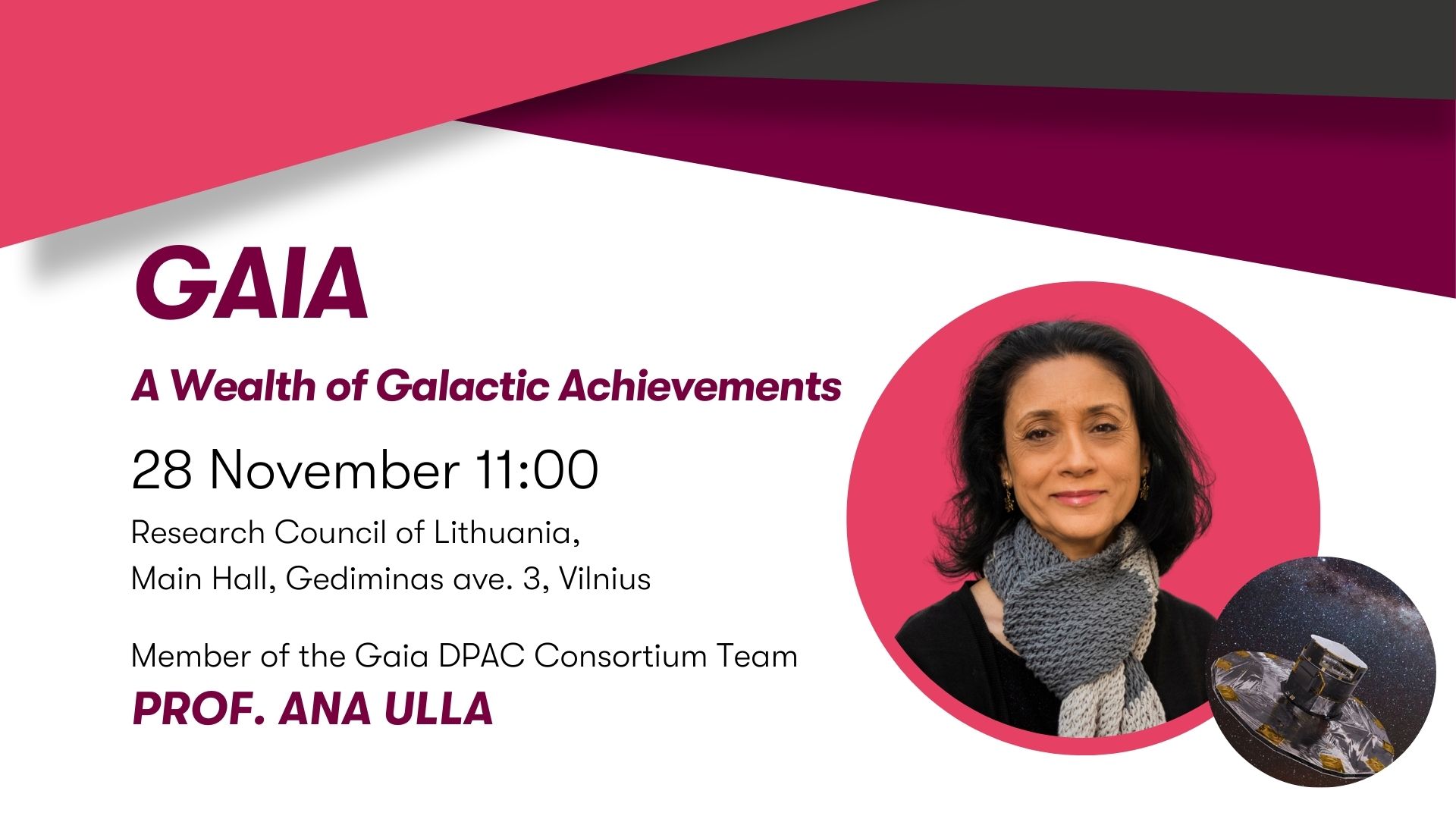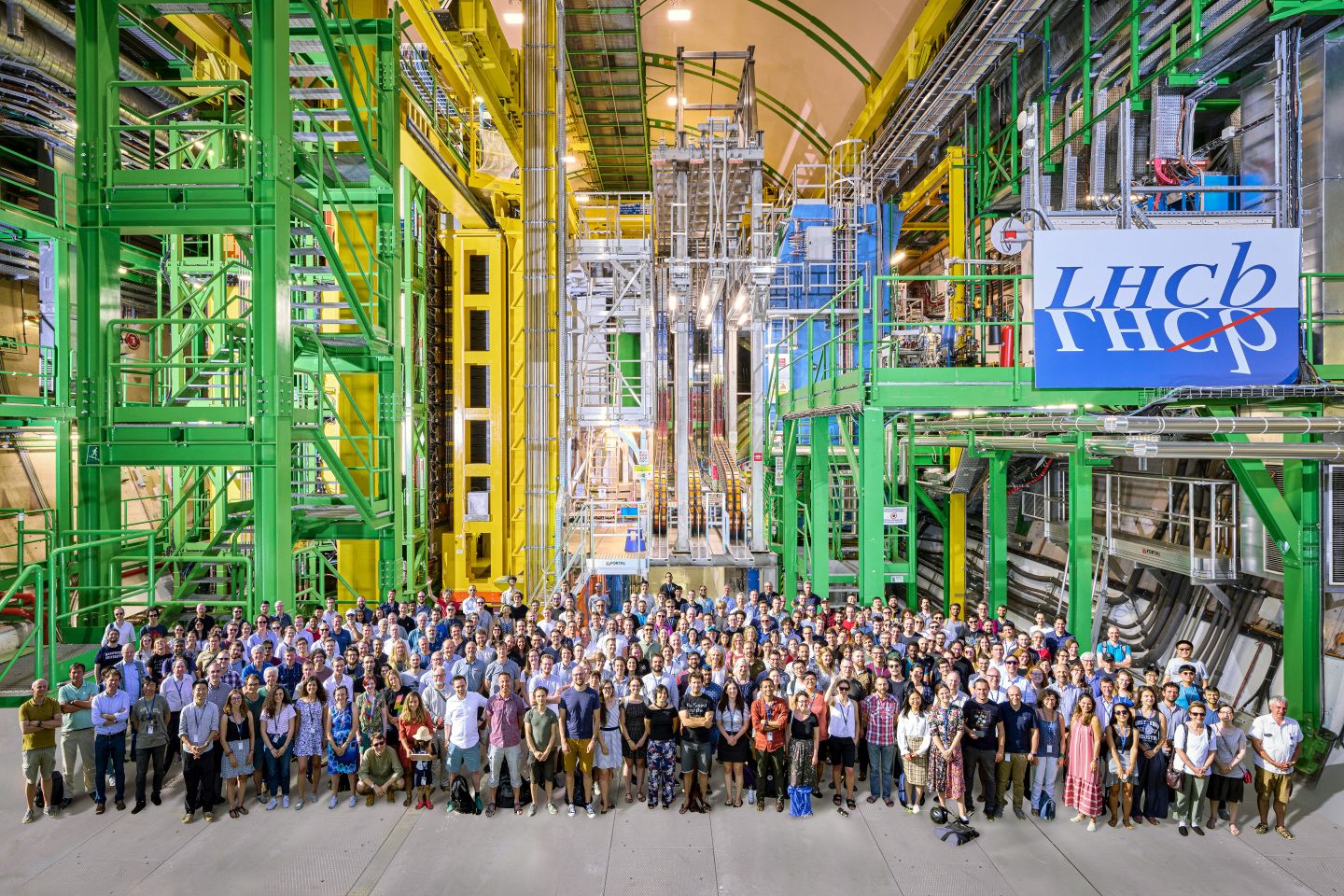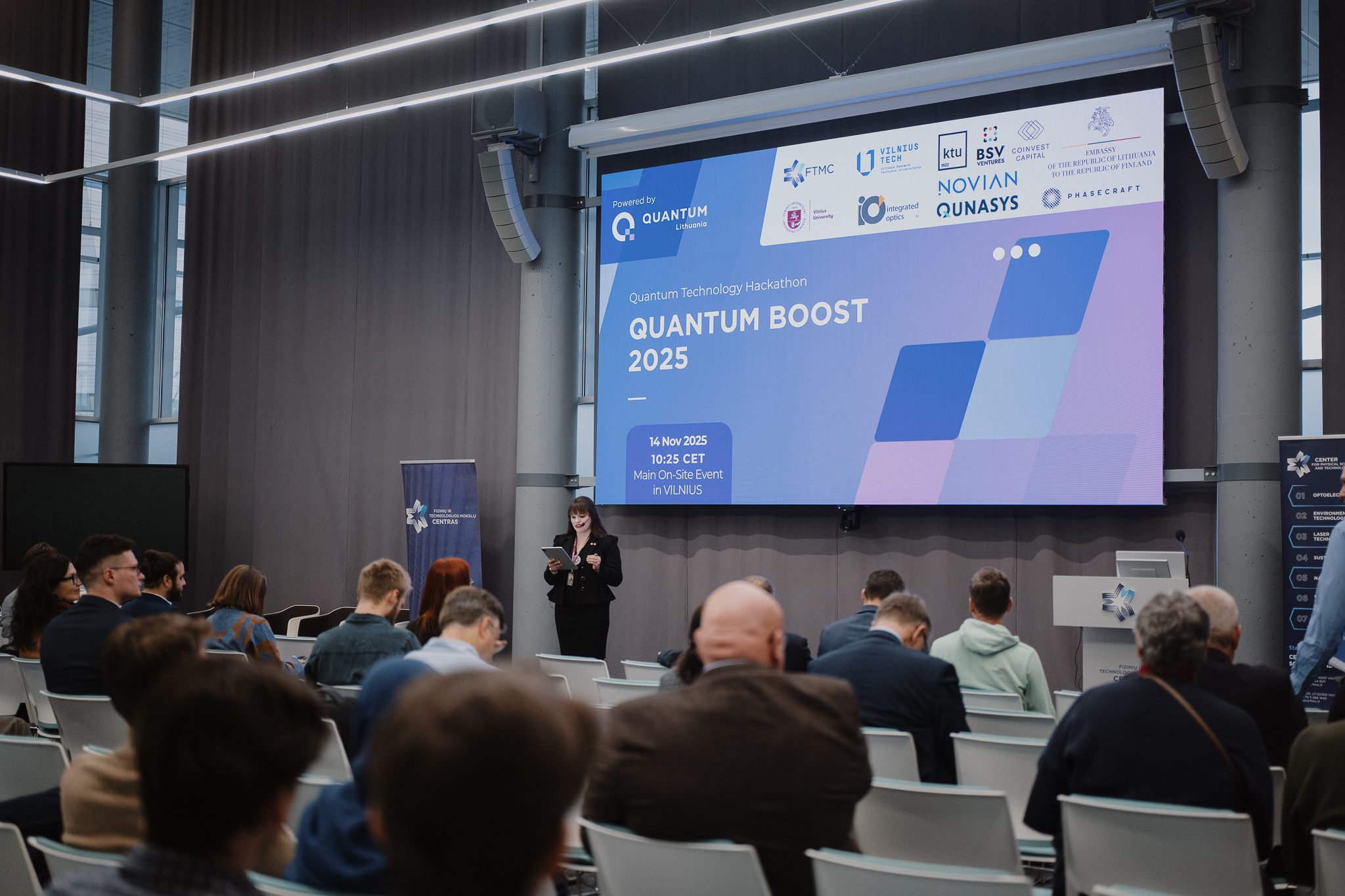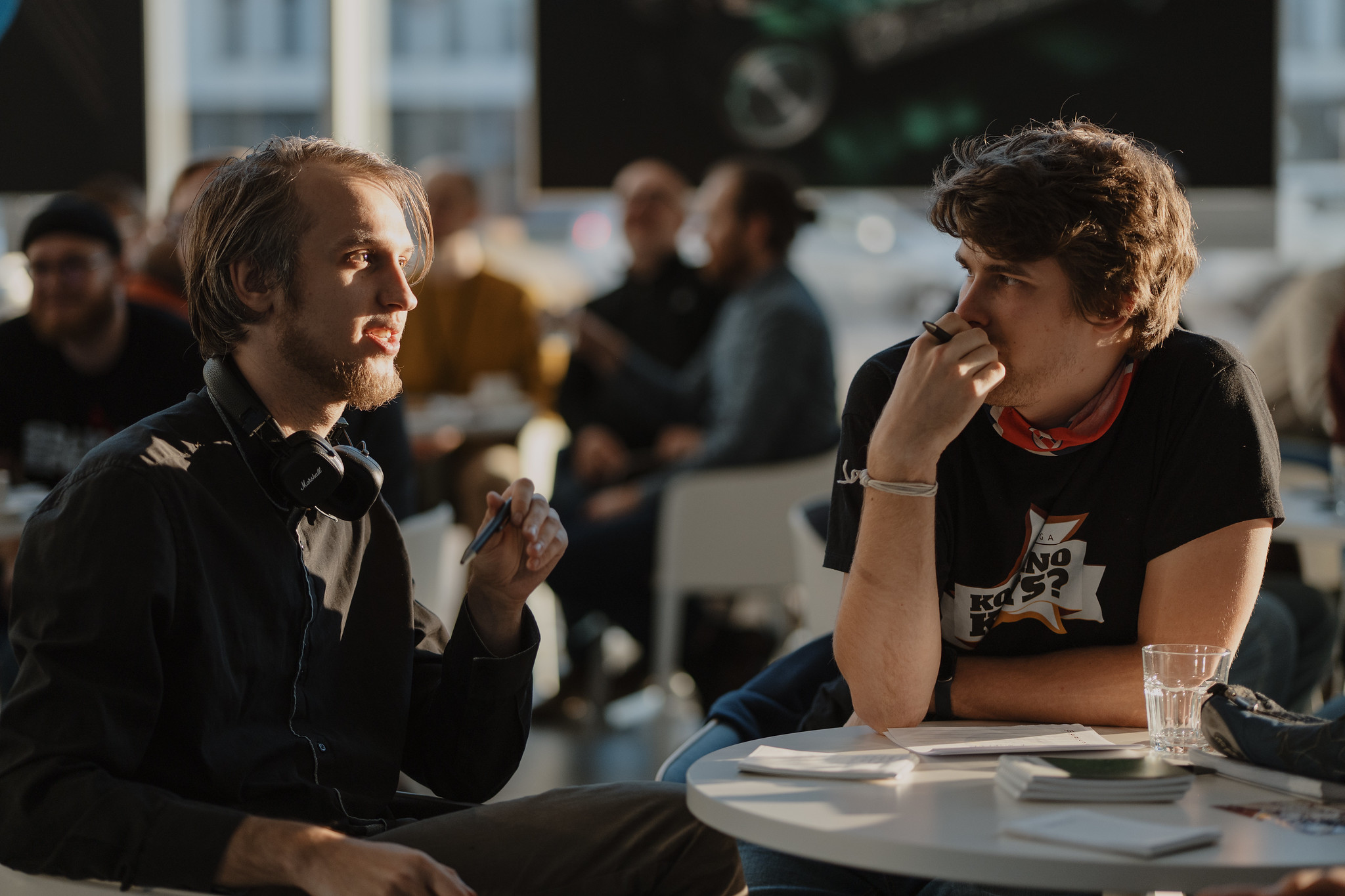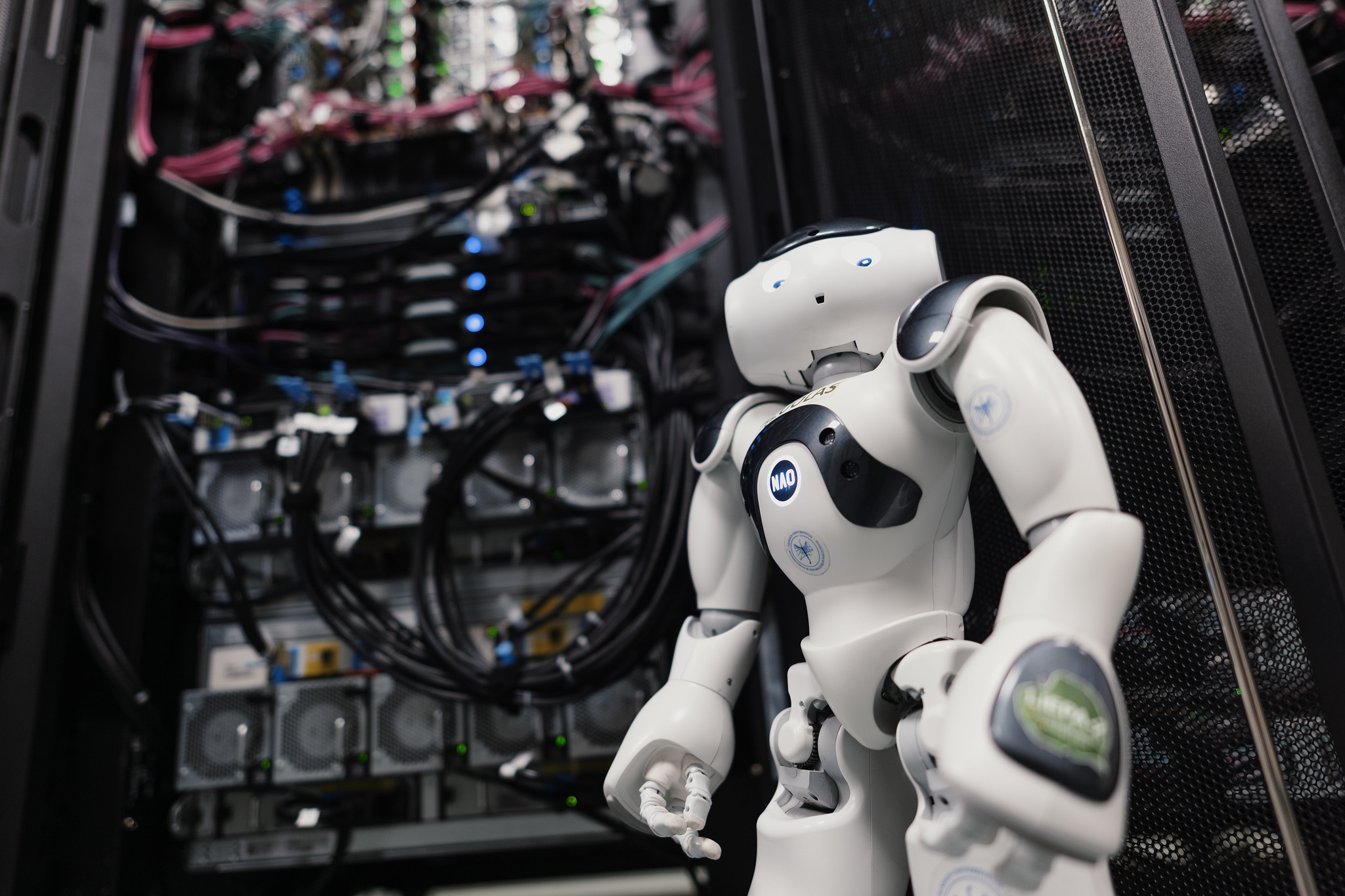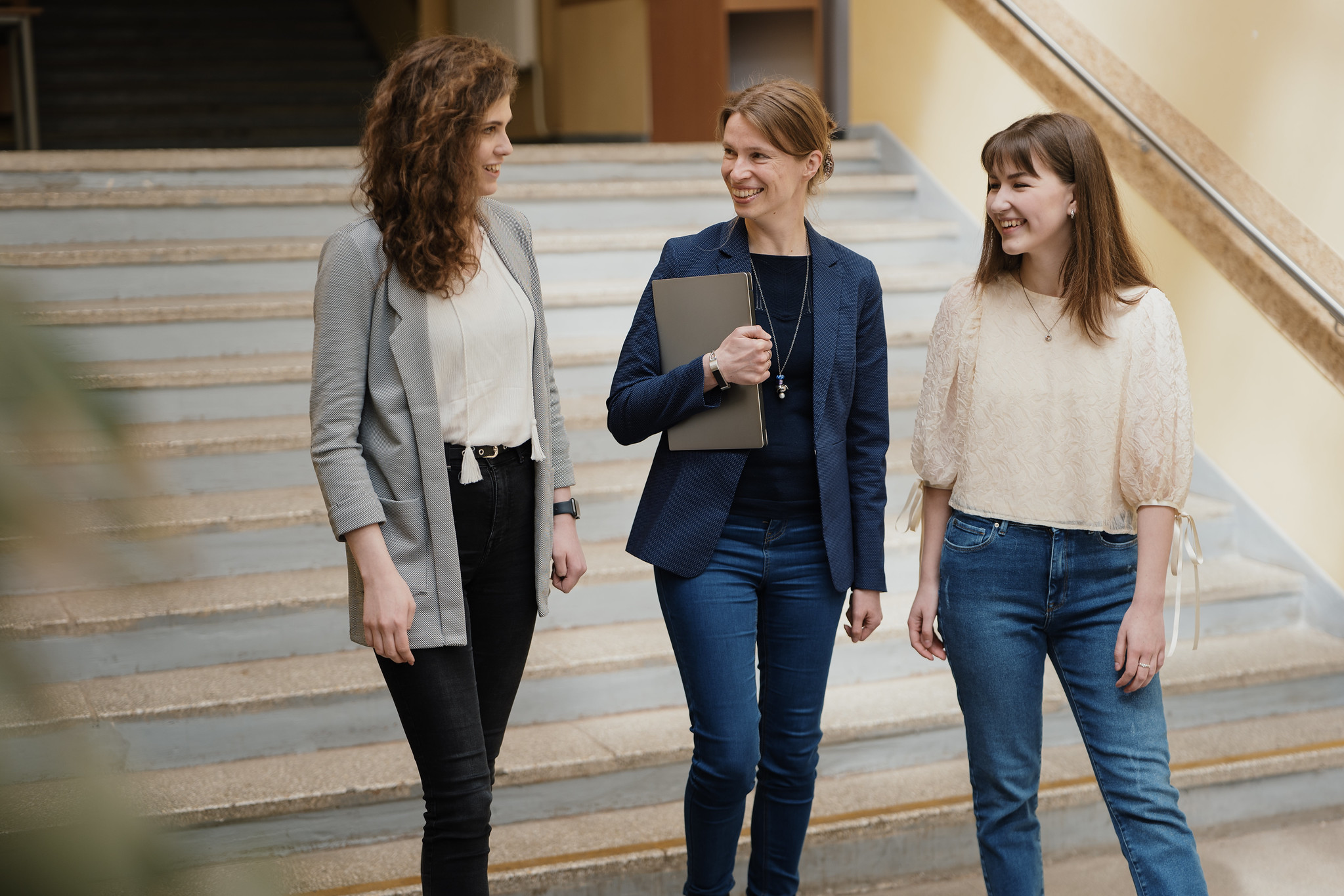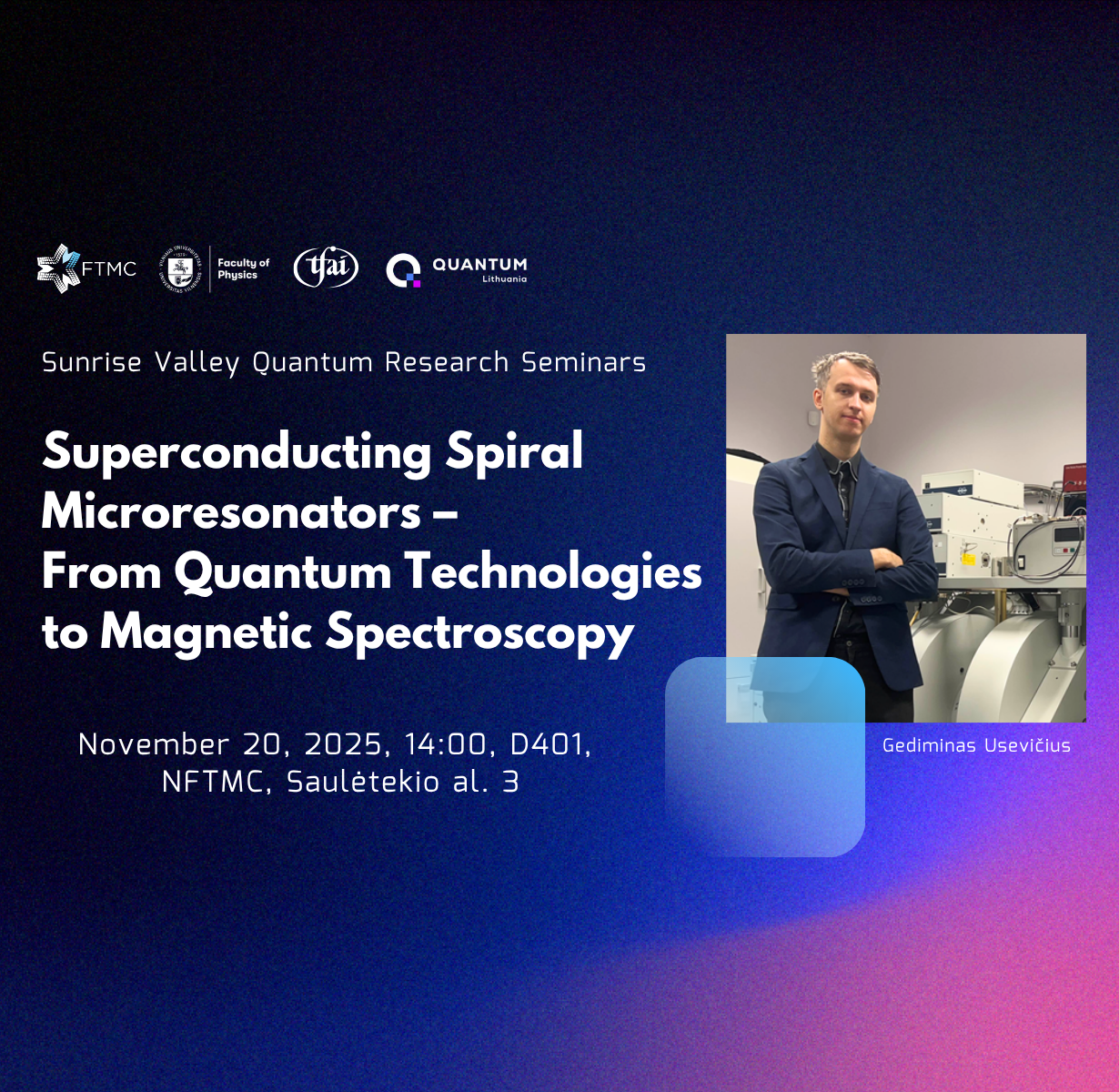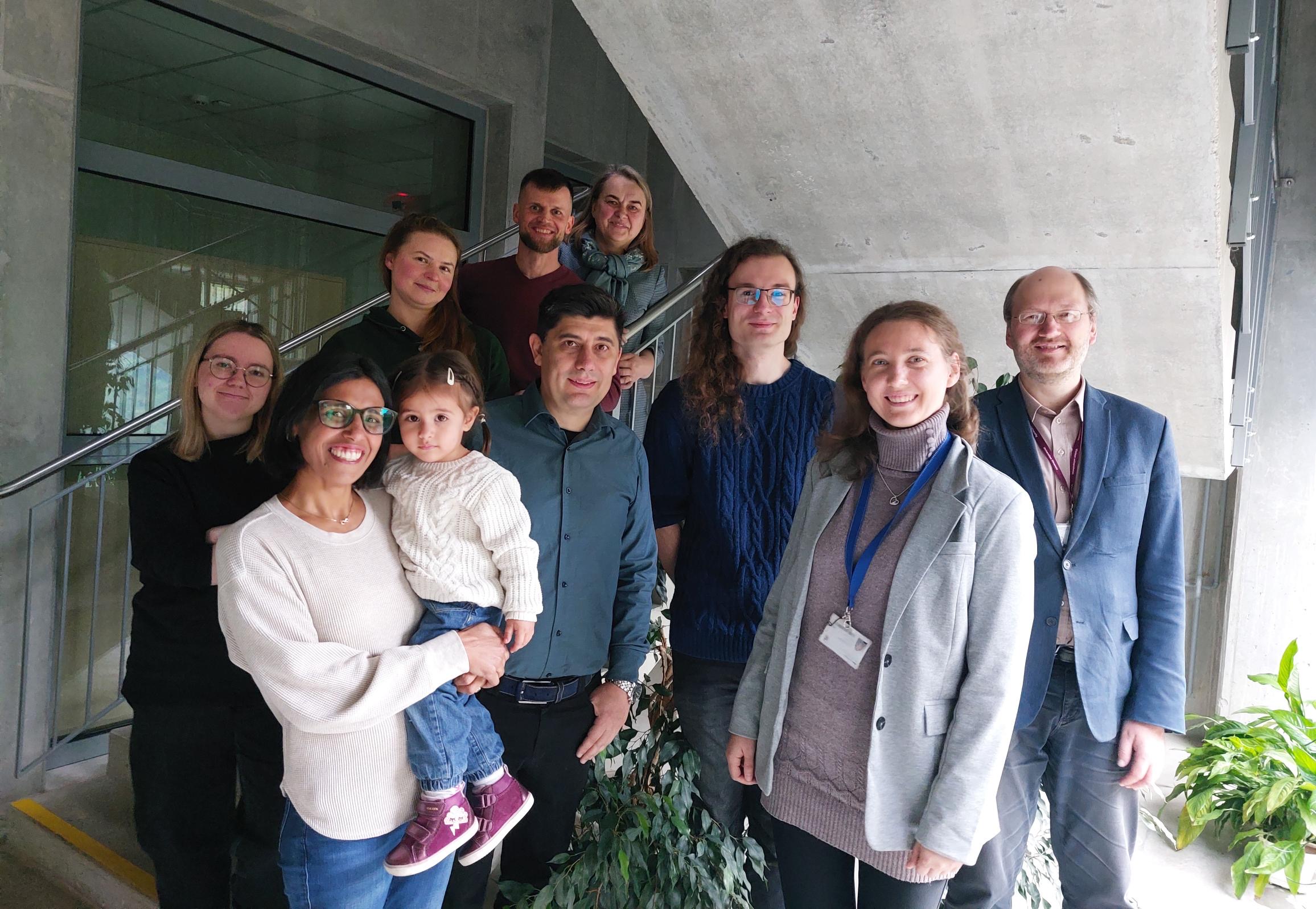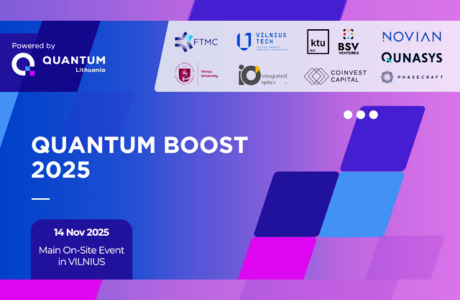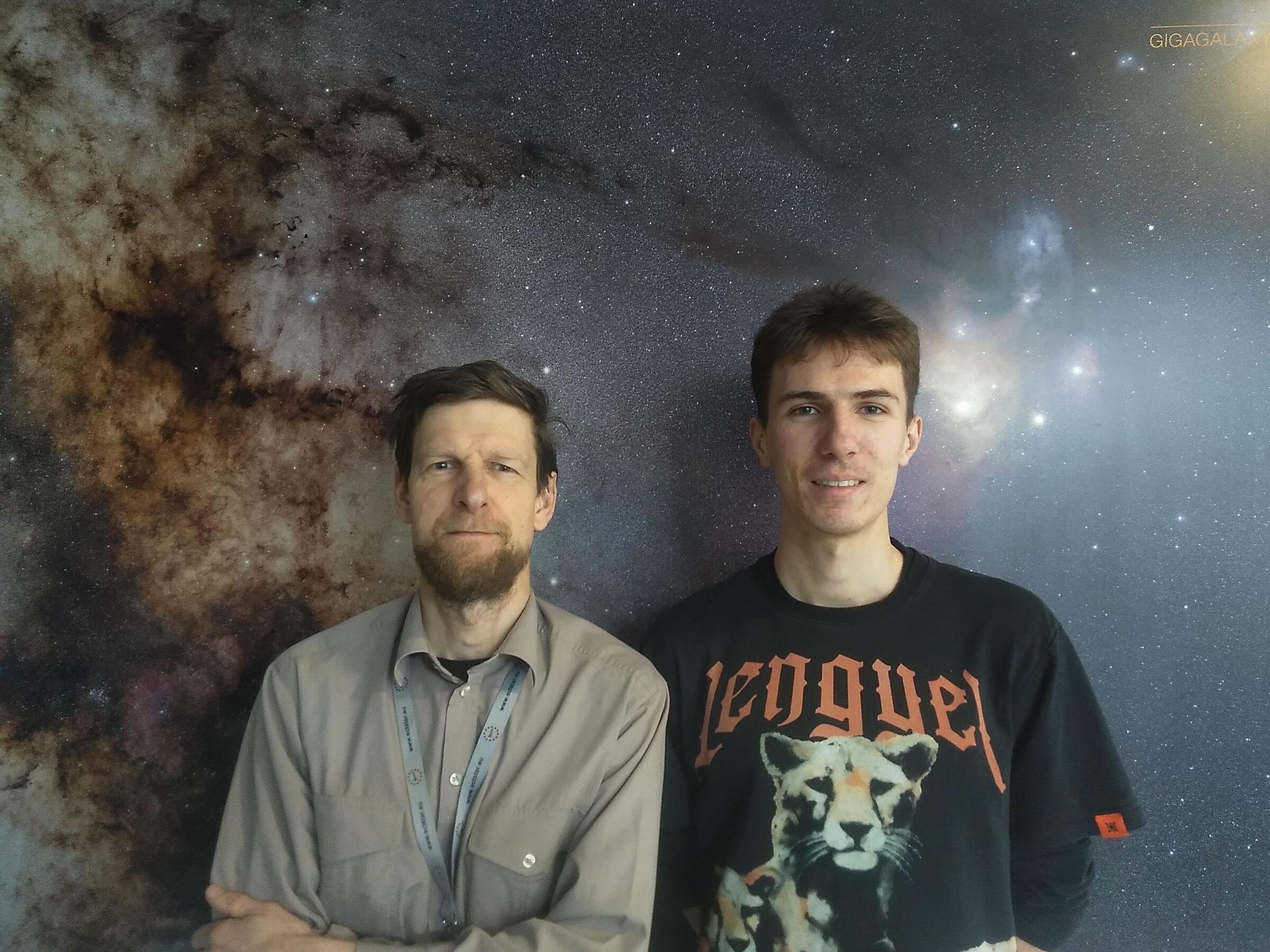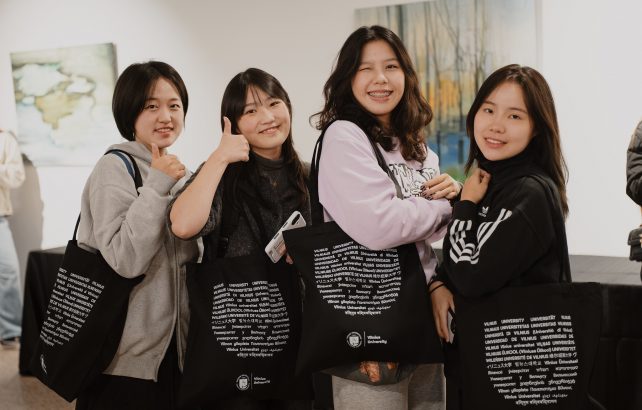Study by Laser Research Center Scientists Opens Path to Advanced 3D Nanolithography Materials
Scientists from the Laser Research Center at Vilnius University (VU) Faculty of Physics, together with colleagues from the University of Geneva, have conducted a study that may pave the way for the development of new materials. The results, published in the journal “Physical Chemistry Chemical Physics”, reveal how the light affects special compounds called photoinitiators, that trigger formation of polymers and usually governs the final quality of 3D structure.

